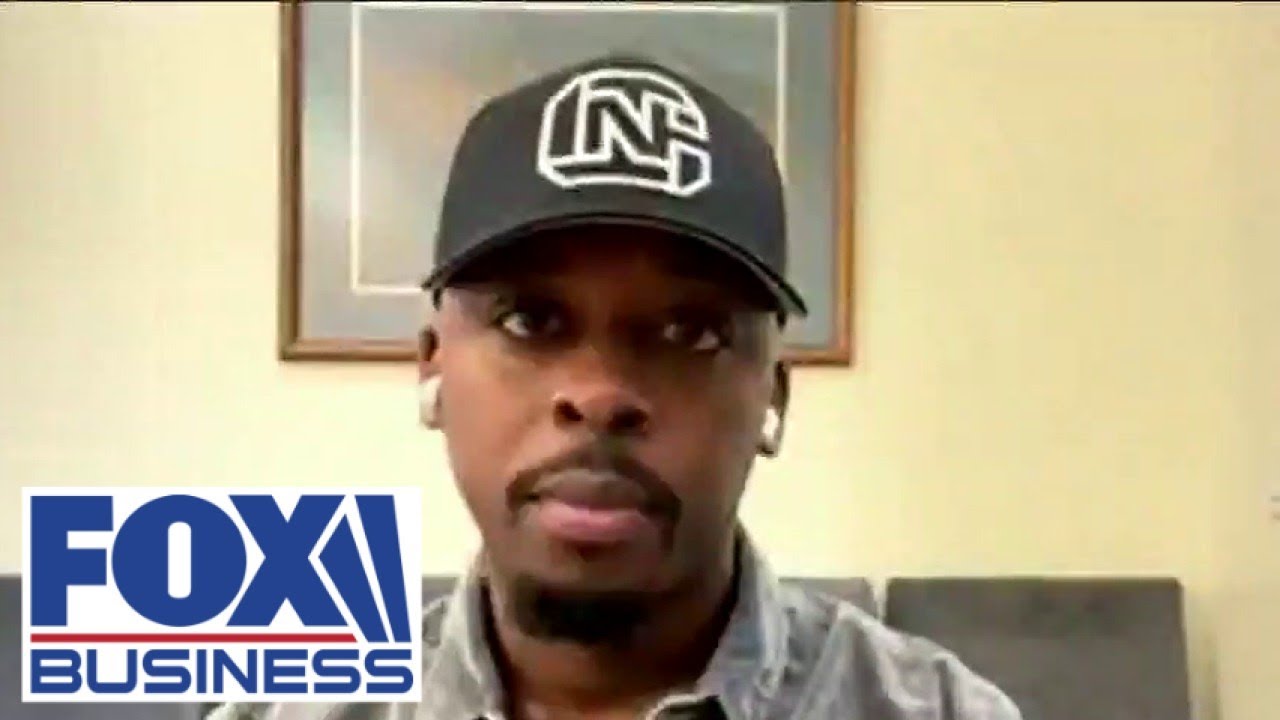Gun Rights Advocate: What Is ‘Causing’ This Violent Behavior?
Unleash Your Creative Genius with MuseMind: Your AI-Powered Content Creation Copilot. Try now! 🚀
In a world filled with buzzing debates, none are quite as electrifying as the ongoing discourse surrounding the Second Amendment. With President Biden's recent call to Congress to ban so-called assault weapons, the conversation has taken a new turn. But as we dive into this matter, it's crucial to bring some positive energy and brilliant ideas to the forefront, because, let's face it, this topic is anything but mundane.
Unraveling the Complexity
Enter Coley Far, an attorney and a staunch advocate of the Second Amendment. In a recent discussion, he raises a thought-provoking point: Shouldn't we direct our attention towards the underlying societal issues that drive people to commit violent acts, rather than merely focusing on the tools they employ? It's a question that's been echoing through the chambers of reason for years.
Coley Far underscores the notion that there is nothing normal about someone wanting to slaughter innocent people. It's a sentiment that many of us share, yet the conversation surrounding the root causes of such desires often takes a back seat. Instead, the narrative is hijacked, and tragedies are exploited to push a gun control agenda. The result? We find ourselves fixated on the "so-called" assault weapons, such as the AR-15, even though they are responsible for less than 1% of gun-related deaths in the United States.
A Shift in Perspective
So, why are we fixated on AR-15s? Why not delve deeper into the heart of the matter? It becomes evident that the focus on firearms is not primarily aimed at solving the problem but rather at controlling it. The underlying goal, as Coley Far astutely observes, is to do away with the Second Amendment to the United States Constitution. The agenda seems to prioritize control over addressing the root causes of violence.
This begs the question: Why don't we have a more open conversation about the dangerous mentally ill individuals who should not be allowed to acquire firearms? The law already states that individuals adjudicated as mentally ill are barred from purchasing guns in the United States. But strangely, this topic is often left unspoken, shrouded in silence.
The State of the States
As we take a step back and observe the national landscape, we find that the United States is a patchwork quilt of diverse approaches to gun control. Some states have been fervently passing legislation to restrict the sale of so-called assault weapons. In contrast, others are moving in the opposite direction by embracing permissive carry policies.
Coley Far believes it makes perfect sense for states to empower their citizens to protect themselves. After all, the reality is that police officers cannot always be immediately available when citizens find themselves in harm's way. It's a stark reminder that, in many cases, individuals must be their own first responders. So, why would any state want to make it harder for law-abiding citizens to safeguard themselves?
It's an intriguing paradox, where some states are actively working to make it easier for their citizens to exercise their right to self-defense, while others seem determined to curtail that same right.
The Pursuit of Power and Control
Ultimately, it all comes down to the pursuit of power and control. It's a narrative that transcends political lines and strikes at the heart of what it means to be a citizen in a democratic society. As Coley Far points out, there's a disturbing trend where politicians, often motivated by their own agendas, prioritize control over the well-being and safety of their constituents.
They seem to be unconcerned with protecting the very people they're meant to serve, and instead, they place their faith in external entities, taking a hands-off approach to the security of the citizens. The message is clear: individuals should not have the ability to protect themselves because it undermines the control the government seeks to maintain.
This stance resonates with historical ideologies, including those of Karl Marx, who understood that disarming the populace was a crucial step in establishing a socialist utopia. Marx recognized that armed individuals represented a potential threat to the power he sought to establish. In this light, the ongoing gun control debate takes on a whole new dimension, highlighting the struggle for control and the centralization of power.
The Future of the Second Amendment
In the grand theater of American politics, there's a case before the Supreme Court that could significantly impact the future of the Second Amendment. This case pertains to the so-called assault weapons ban in Illinois, and its outcome will be pivotal in shaping the gun control landscape.
As we navigate these uncharted waters, it's essential to remain vigilant and engaged in the discussion. It's crucial to shine a spotlight on the root causes of violence in society, rather than fixating on the tools that individuals use to commit heinous acts. The debate about the Second Amendment is far from over, and as we continue, we must strive to keep it creative, positive, and driven by brilliant, thought-provoking ideas. After all, it's a conversation that defines the very essence of our democratic society.

Related Recaps
- Timeline for holding Trump accountable is in the past says Legal expert
- 2023 Digital Summit in Diani concludes
- Tarle Thangi Title Nodi Yenge Idhe😍🧿 Nikhil Madidhru Chicken Pulliogare 😂. @Shyawayshop
- MODUS Super Series | Series 4 Week 3 | Group A Session 1
- 🔴LIVE Seal Return : Selamat malam minggu gesss